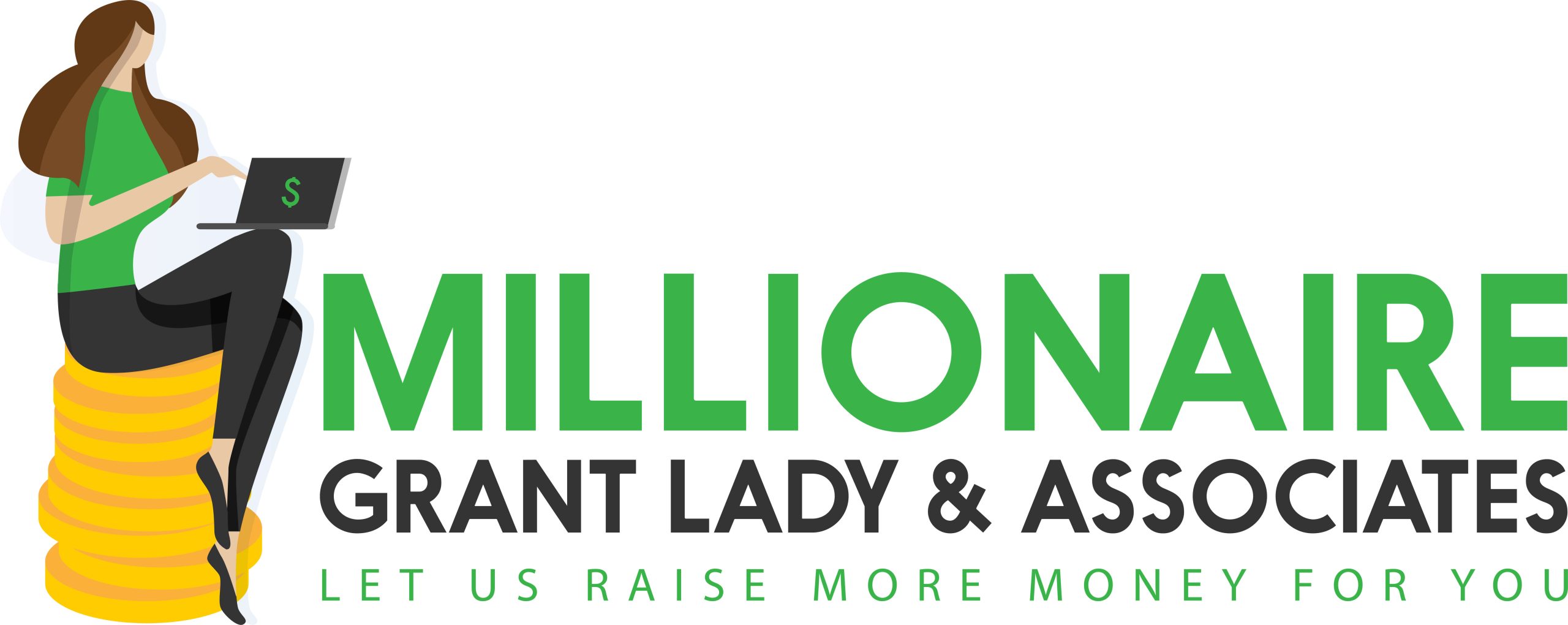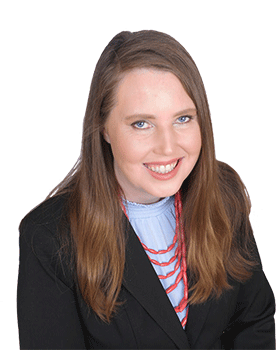Successful grant writing is a tough job, even for full-time grant writers. It is detail-oriented, labor-intensive work that requires you to understand not only the organization you work with but also the foundation’s goals as well as current events that may be shifting the foundation’s giving priorities. For example, you can check out our post here about how an election year can impact foundation giving.
Many nonprofits do not have a dedicated grant writer to tackle these tasks, and instead, they rely on many individuals to pitch in where they can. Other nonprofits do have a dedicated grant writer, grant consultant or grant writing team to handle this aspect of fundraising.
Millionaire Grant Lady and Associates has helped nonprofits earn more than $100 million in funding. Read our article here about our 2023 successes. Our founder, Alex, has also spent time on grant review boards. We understand what it takes to create successful grant proposals that increase revenue for your organization.
In our work with nonprofits of every shape and size, we have met and worked alongside many talented, thoughtful, passionate fundraising professionals, but we have also seen organizations making some pretty big mistakes that can hurt their ability to win grants. Many of these mistakes can be fixed and don’t require any extra time, money, or special knowledge. In fact, the solutions we will talk about in this post will actually save you time and headaches throughout the application, data collection, and reporting process.
The first mistake we will address in this series is overusing jargon and acronyms that your reader doesn’t understand.
- Mistake #1: Overusing jargon and acronyms that your reader doesn’t understand.
- What is jargon?
- Every field has jargon.
- But can’t foundations look up the jargon I include?
- Pro tip for preparing grant proposals
- Conclusion
For more articles about how to make the most effective foundation proposal, see these articles:
- Nonprofit Program Design and Winning Grants
- Getting a Foot in the Door with a Big Funder
- Finding the Right Foundation Funders
Mistake #1: Grant writers should not overuse jargon and acronyms that grant reviewers won’t understand.
Every nonprofit team that we have come across is passionate about their cause, has lived or professional experience with that cause, and wants to make a difference. That is why they get into this deep and important work.
Often, when you care deeply about something, you spend a lot of time reading, talking, and learning about this topic, leading you to have specialized knowledge and vocabulary in your field. A mistake we often see is organizations overusing this specialized jargon in their grants.
What is jargon?
So I don’t run the risk of using jargon here, let me explain what I mean by this. Jargon is technical language that is used and understood by a small group of people who are involved in that same work; however, outside of that small group of professional people, this language is not easily understood.
Many fields of work use jargon words as well as jargon acronyms. An acronym is when we take the first letter of every word in a phrase to make a new word. For example, ISD for Independent School District.
Every Field Has Jargon (Your Grant Application Shouldn’t)
In education, colleagues might talk about IEPs, 504s, and formative and summative assessments.
In football, there is the wildcat, nickel back, and special teams.
In baseball—go Rangers!—there is an ace, the alley, and a bag.
If you are familiar with the topics I mentioned above, then that jargon means something to you. If you are unfamiliar with those topics, then that jargon is mostly meaningless.
We have seen many nonprofits load their applications up with this kind of technical language. However, most foundations have a wide-range of diverse interests. They fund health, and children, and arts and culture, and their grandson’s track club. That means these foundations and the people reading your application have a little bit of knowledge about a wide range of topics; however, they do not specialize in any singular topic. Therefore, the jargon in your application will just be meaningless to them.
If you use words that aren’t meaningful to your audience, you run the risk of alienating your reader, which could mean you are less likely to win the grant.
Make It Easy On Funders
…But can’t foundations look up the jargon I include?
If you use a word your reader doesn’t understand, yes, they can look it up. However, let’s consider who your audience is.
Your audience is a team of foundation members, often volunteers or very overworked employees, who have a stack of 10, 20, 30, or more applications in front of them.
Foundation grant proposal readers are tired. They desperately need a cup of coffee or something stronger.
Imagine that your application is the last application that stands between them and their coffee or margarita.
If they have to look up a bunch of words to be able to understand what you are trying to say, will they? Or will they just downgrade your application and move on? What would you do?
Pro Tip: Preparing Grant Proposals
Only use jargon when absolutely necessary. When you use jargon, always define the term in the text of your application.
Final Grant Writing Tips
When grant writers are very close to the work that they are doing, they can sometimes lose sight of what is technical language that only their organization or people close to it will know and what language will resonate with foundation reviewers.
Nonprofit grant writers should work to ensure that they are writing for their audience.
By avoiding jargon, your writing can connect more deeply with your foundation reader which can move you closer to earning the vital funding you are seeking!
Get Expert Grant Writing Help
Are you looking for expert help to prepare and submit grant proposals for your nonprofit? Contact us today to see how we can help.




